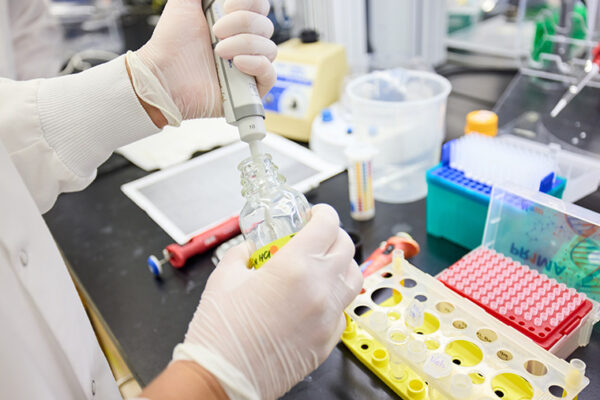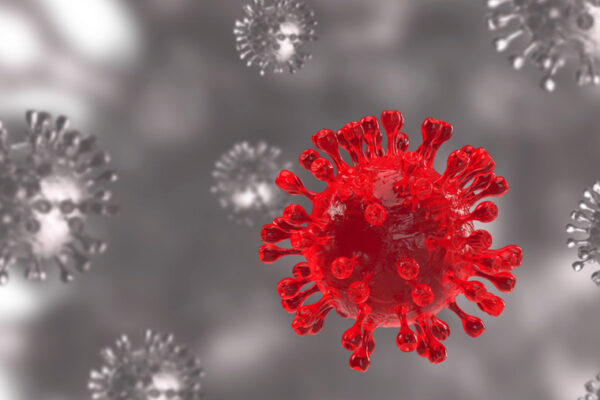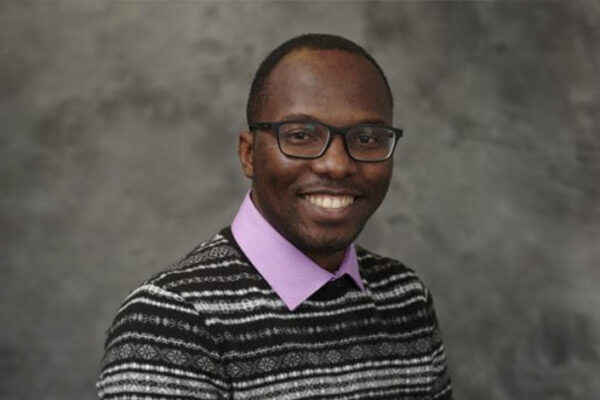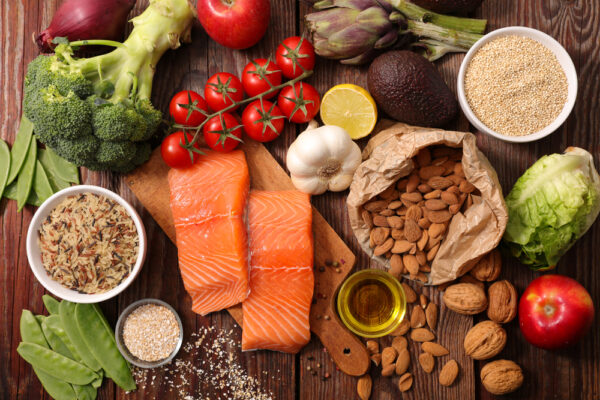Study looks at ways to sustain public health programs
State tobacco control programs that used a new training model were better able to sustain operations, finds a new study from the Brown School at Washington University in St. Louis.
A global view of human health
As head of the Centre for Health and Healthcare and member of the executive committee at the World Economic Forum, WashU alum Shyam Bishen strives to achieve more efficient and equitable health care around the world.
Brownson named SOPHE 2024 Honorary Fellow
Ross Brownson, the Steven H. and Susan U. Lipstein Distinguished Professor at the Brown School, has been named the recipient of the Society for Public Health Education 2024 Honorary Fellow Award.
Washington University and Deerfield Management launch VeritaScience to drive drug discovery
Washington University in St. Louis and Deerfield Management, a health-care investment firm, announced the launch of VeritaScience, a new private R&D collaboration designed to advance the discovery, clinical development and commercialization of promising therapeutic and diagnostic candidates with potential to benefit human health.
Policy interventions helped save lives during pandemic, study finds
States that emphasized non-pharmaceutical interventions, such as distancing and mask wearing, fared better in curbing the spread of COVID-19, shows a forthcoming study from the Brown School.
Student addresses Sierra Leone HIV epidemic in Lancet
Samuel Kizito, a PhD student in public health sciences at the Brown School, co-authored a correspondence published in The Lancet addressing the HIV epidemic among adolescents in Sierra Leone.
Washington University partners on $3.8 million CDC grant
Washington University is partnering with the St. Louis Integrated Health Network on a five-year $3.8 million grant from the Centers for Disease Control and Prevention. The funding aims to help improve health, prevent chronic diseases and reduce health disparities.
Advancing public health at Washington University
The university has started the process to identify the inaugural dean of the new School of Public Health, planned its annual public health conference and announced a new Assembly Series speaker.
Medicaid expansion in Missouri led to reduction in out-of-pocket costs
After Medicaid expansion began in Missouri in July 2021, the proportion of emergency department visits financed by Medicaid rose by nearly 15 percentage points, while the proportion of such visits financed by the uninsured dropped by 14 percentage points, finds a new analysis from the university’s Center for Advancing Health Services, Policy and Economics Research.
An named AAHB fellow
Ruopeng An, an associate professor at the Brown School, has been accepted as a fellow in the American Academy of Health Behavior, the professional home for health behavior scholars and researchers.
Older Stories









